Redacția National Review a publicat la începutul săptămânii un editorial prin care explică de ce Statele Unite ale Americii trebuie să se opună proclamării statului palestinian în această sesiune a Organizației Națiunilor Unite.

Nu statului palestinian de National Review
Nu există așa ceva ca un stat palestinian și Organizaţia Națiunilor Unite nu poate conjura unul. Aparent, asta nu îi va descuraja pe palestieni de la a căuta recunoaşterea statală în Consiliul de Securitate din această săptămână. Trebuie să ne opunem fără ezitare eforturilor palestiniene.
Pe deasupra nulității sale legale, Campania de recunoaștere la ONU distruge spiritul acordurilor de la Oslo care îi angajează atât pe israelieni, cât și pe palestineni în rezolvarea diferențelor prin negociere. Înfrânți la Consiliul de Securitate, este foarte probabil ca palestinienii să meargă la gloata din Adunarea Generală, unde nu avem drept de veto și unde vor obţine o recunoaştere de faţadă.
Adunarea Generală poate schimba statutul OEP din „entitate” cu statut de observator, așa cum este în prezent, în observator „stat ne-membru”, asemenea Vaticanului, astfel recunoscând-o indirect ca stat, dar asta nu va crea un stat real, fie în lege sau în fapt. Conform dreptului internaţional, Convenția de la Montevideo din 1933 stipulează în mod explicit că existența unui stat suveran este independentă de recunoașterea altor state și că un stat trebuie să aibă o populație permanentă, un teritoriu definit, un guvernământ și capacitatea de a intra în relații cu alte state. După cum se poate demonstra, palestinienii nu au nici una dintre acestea. După cum recunosc chiar ei, nu au teritoriu bine definit. În această vreme, guvernământul lor este fracturat: teroriștii controlează jumătate din teritorii, iar cealalta jumătate este controlată de un fost terorist al cărui mandat a expirat acum doi ani.
Nimeni nu îşi dorește mai mult decât israelienii ca palestinienii să trăiască într-un stat de drept functional, numai că un stat trebuie să dețină monopolul violenței, iar Hamas a respins mereu monopolul violenței în favoarea dreptului individual inerent de rezistență împotriva ocupației. Palestinienii abia au fost în stare să mențină orice formă de instituții și declararea statalității nu va face nimic pentru a rezolva această problemă.
Orice acțiune în favoarea cauzei statalității palestiene la ONU va servi la izolarea și mai pronunțată a Israelului și ar putea face ca guvernul său să fie subiect al procedurilor legale international, însă pericolul principal este efectul pe care l-ar putea avea în lumea musulmană, inclusiv în teritoriile ocupate. O altă intifadă ar forța Israelul să recurgă la măsuri militare, oferind Egiptului și Turciei o altă scuză pentru exprimarea ostilității lor crescânde față de statului evreiesc.
S-a ajuns la așa ceva în Orientul Mijlociu în ciuda încrederii voioase a președintelui Obama de la începutul administrației sale că ar putea născoci o pace israeliano-palestiniană. De la bun început, Obama și-a formulat rolul său în Orientul Mijlociu ca fiind acela al unui mediator imparțial, nerealizând că influența americană din rândul palestinienilor necesită încrederea Israelului că vom proteja statul evreu indiferent ce s-ar putea întâmpla. Oricine poate juca rolul unui mediator, dar numai America poate subscrie o poliță de asigurare ambelor părți pentru riscurile pe care le prezintă o pace negociată. Precondițiile strategice pentru o pace israeliano-palestiniană sunt aceleași care erau necesare pentru pacea dintre Israel și Egipt în anii 70: trebuie să convingem arabii că numai prin noi pot obține ce doresc de la israelieni și că vom obține concesii de la israelieni numai dacă putem garanta securitatea Israelului.
Totuși, administrația Obama a reluat ciorăvăielile demne de curtea școlii ale administrației Clinton cu primul-ministru Bibi Netanyahu. Prin preluarea insistenței palestiene de oprire a construcției de așezări ca o precondiție pentru negocieri, Obama i-a încurajat pe palestinienii să fie fermi pe poziție. Acum palestinienii cred că pot obține ce doresc prin forțarea problemei la ONU și încurajarea beligeranței egiptene și turcești.
Noul guvern al Egiptului își caută legitimitate prin îmbrățișarea celor mai anti-israeliene sentimente ale populației sale. Recent, armata nu a intervenit în timp ce o gloată din Cairo a jefuit ambasada israeliană. Acordurile de la Camp David din 1979 încep să se prăbușească. Întrucât nici o combinație de state arabe nu și-ar putea permite să meargă la război cu Israelul fără ajutorul Egiptului, Henry Kissinger și-a dat seama că o pace între Israel și Egipt ar încheia era războaielor arabo-israeliene. Slăbirea acordurilor de la Camp David, care au menținut o pace dificilă timp de trei decenii, este de rău augur. Asijderea despre re-emergența Turciei ca putere regională. Turcia a promis escortă militară pentru următoarea „flotila umanitară” destinată forțării blocadei din Gaza, o blocadă complet legală chiar și conform Națiunilor Unite.
Orientul Mijlociu este din nou în pragul unei mari crize, cu ONU pe cale de a zgândări flăcările și administrația Obama captivă într-o impotență auto-impusă.




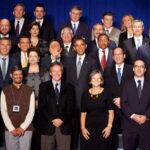
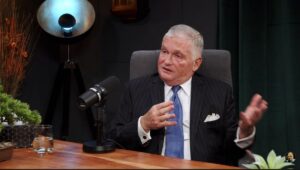
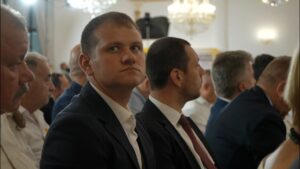

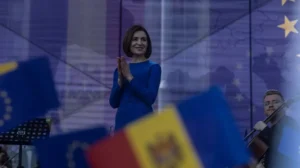
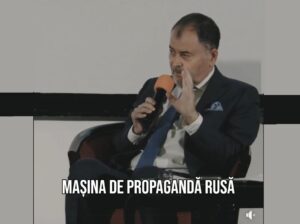
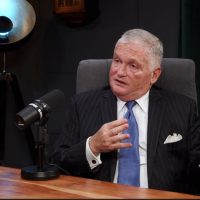
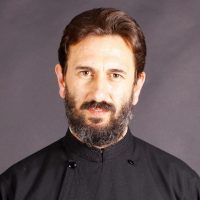
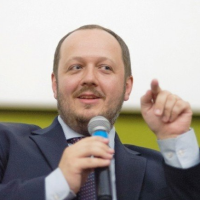
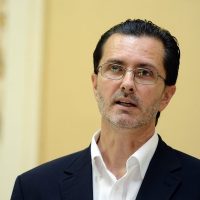
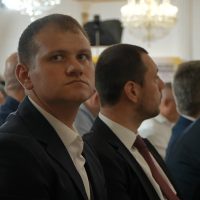
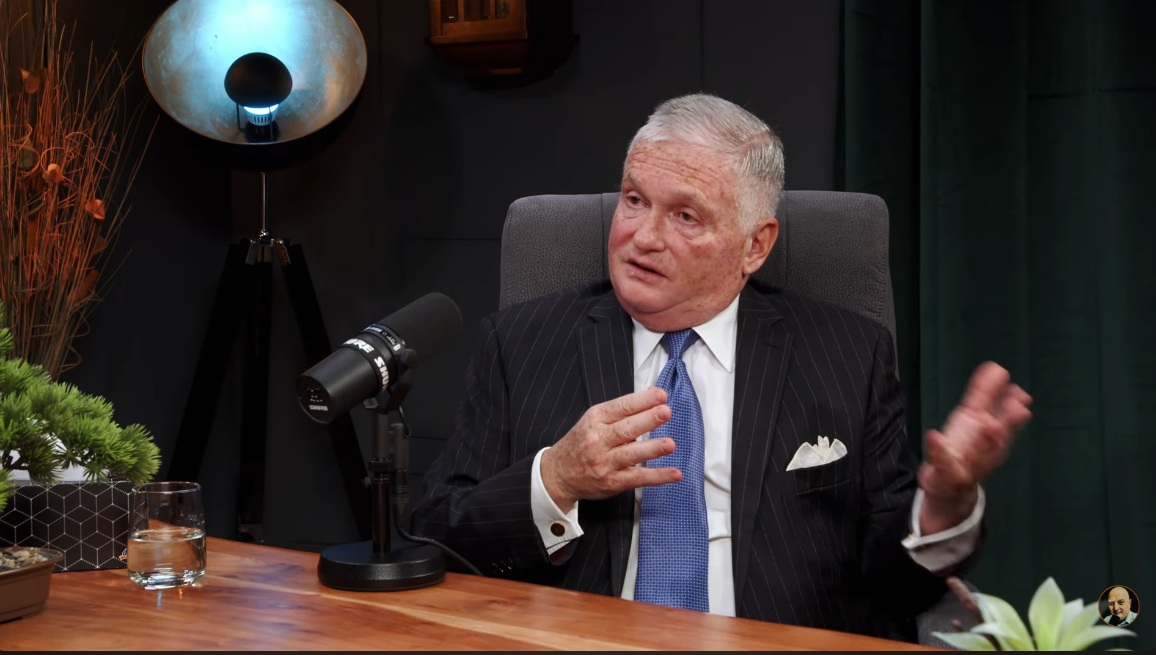
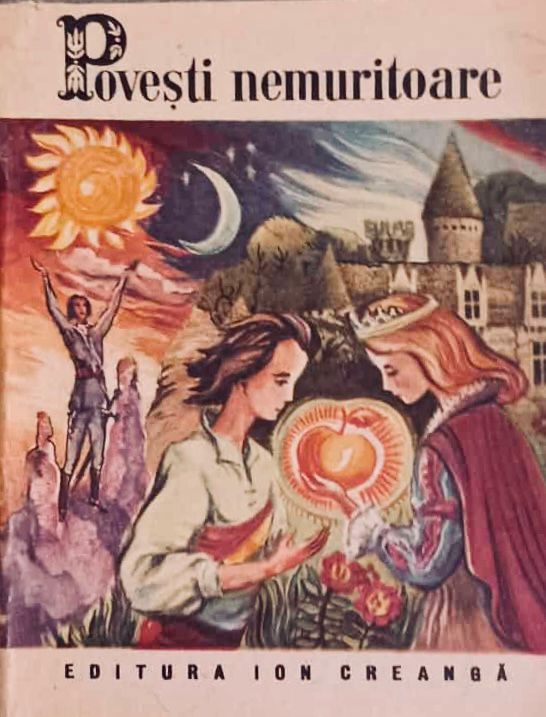
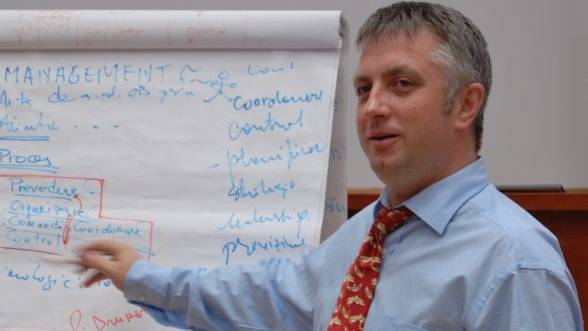
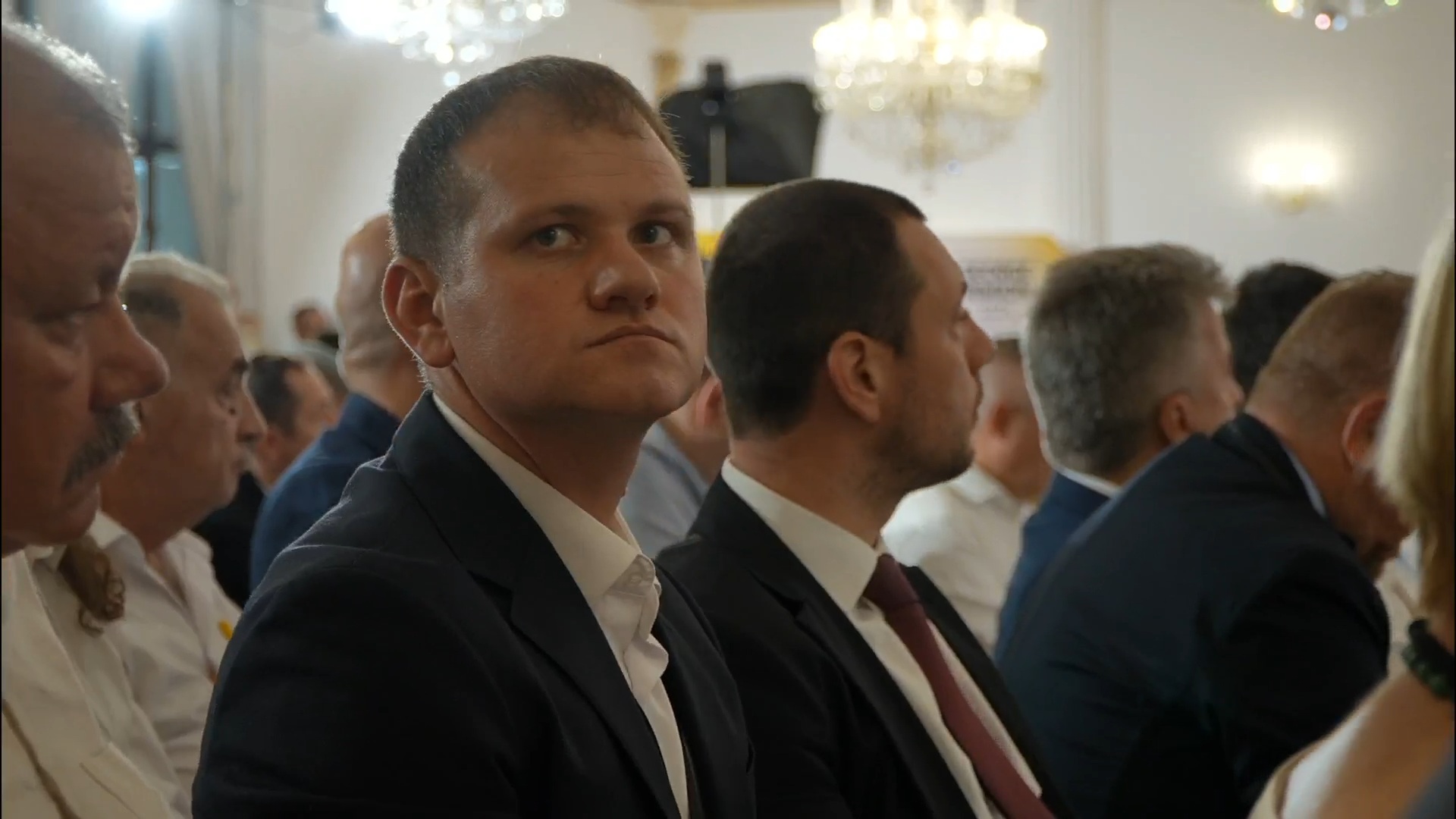

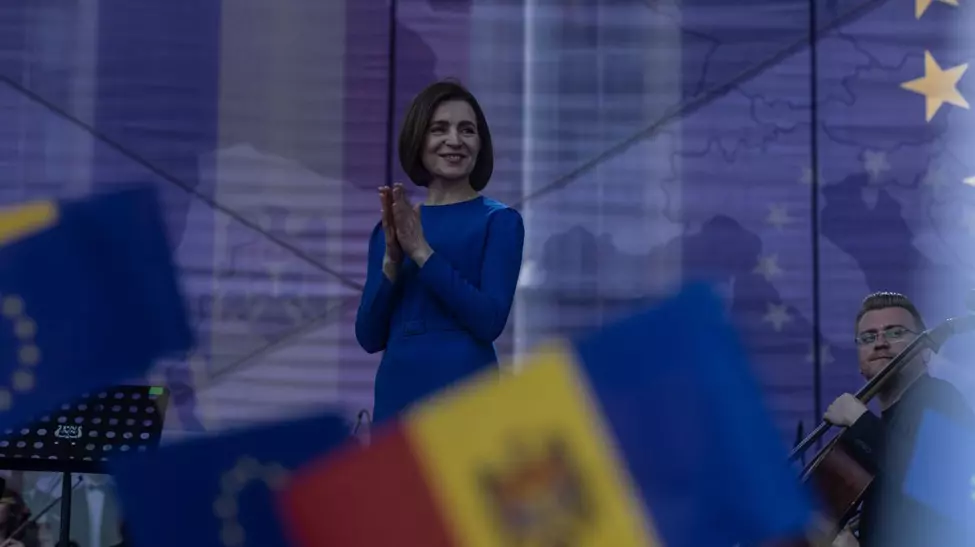
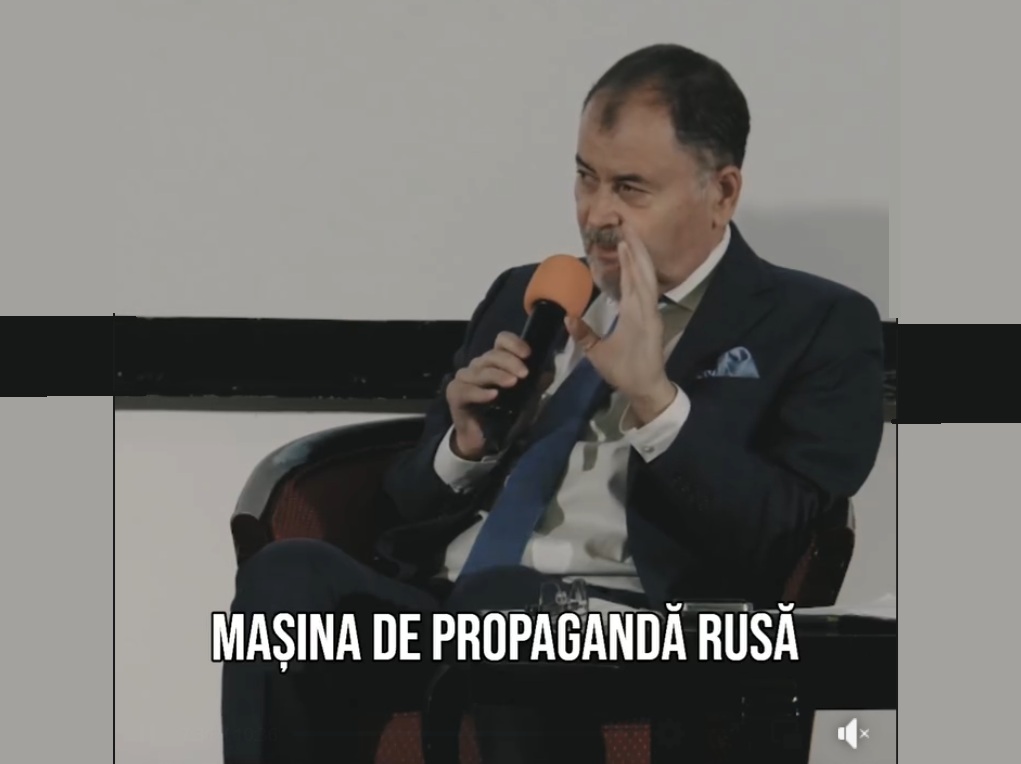
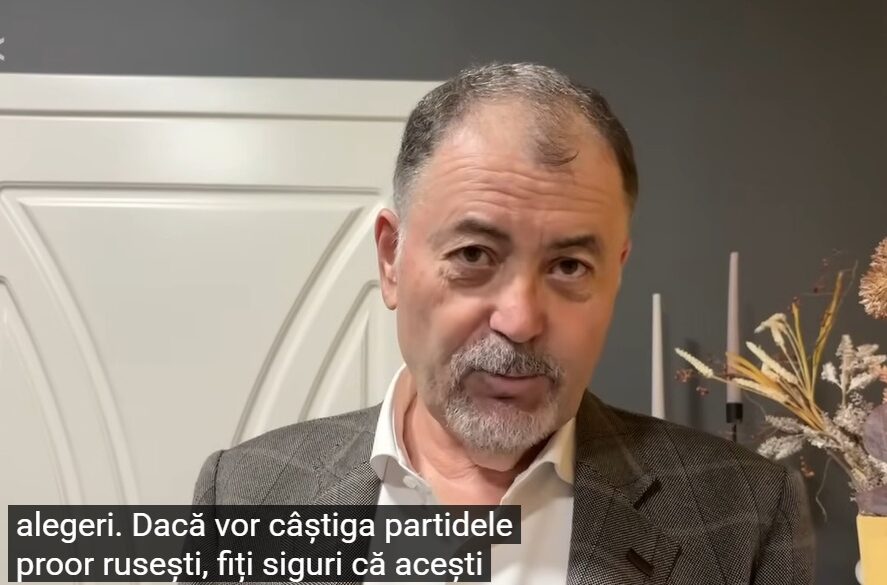
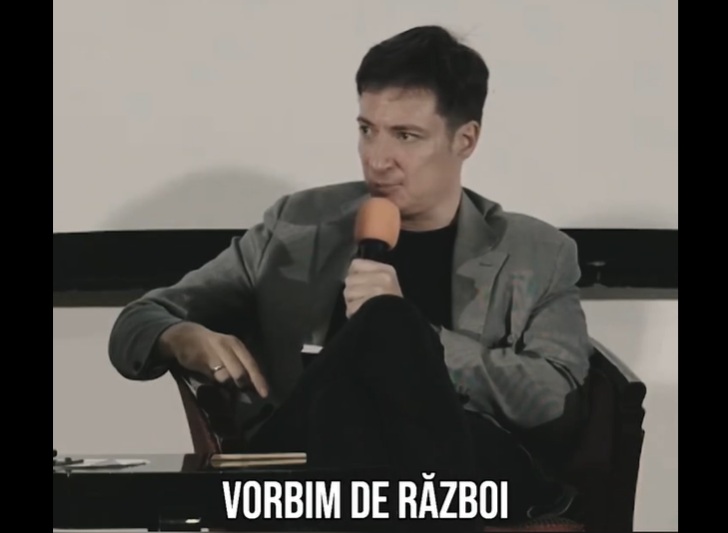

13 Comments
Pataphyl
23 September 2011Aceat video trebuie văzut! Un lider fantastic!
Video: Netanyahu’s U.N. Speech – “The Insatiable Crocodile of Militant Islam”…
Textul integral al discursului, preluat de pe Weasel Zippers:
Costin A.
23 September 2011Unde a fost Reprezentantul Permanent al României la ONU, ambasador Simona Miculescu? Aaa.. la Druban III, s-a dus sa il asculte pe Mahmoud „Ca inginer, sunt sigur ca Turnurile Gemene nu s-au prabusit in urma impactului cu avioanele” Ahmadinejad. Speram ca a luptat cu spor contra sistemului, din interior.
http://www.telegraph.co.uk/new…..-fall.html
DanCanada
23 September 2011@Pataphyl: Thx!!! Superb discurs! Iar pe Abbas – noi stim – il opreste Islamul. Daca vorbeste cu Bibi, majoritatea (care e fundamentalista) o sa-l trateze cu dispret. Pentru ca evreii, conform Coranului, sint „sons of pigs and monkeys” ????
Bibi – un exemplu de om politic adevarat! Un nul barat ca Obama ar trebi sa studieze textul de mai sus cu creionul in mina.
Cu discursul asta ar trebui plezniti peste fata toti stingistii aurolaci care sustin direct sau indirect „cauza” palestiniana si spun serios ca Islam is religion of peace.
Theo
23 September 2011Discursul lui Netanyahu a fost bun. Intrebarea este cine il intelege. Sa luam de exemplu Nigeria care face parte din Consiliul de Securitate.
Recent, presedintele ei Jonathan Goodluck s-a intalnit cu doi reprezentantzi israelieni. Una din primele sale intrebari a fost: Spuneti-mi va rog, la voi toti sunt crestini sau aveti o minoritate de evrei?
Si Netanyahu care vorbeste despre recunoasterea Israelului ca stat evreiesc… Ce spune asta domnului Bun Noroc? Nimic.
Sau cum se spunea o data despre norocul la „Loz in plic”: Loz in plic, loz in plic, dai trei lei, castigi nimic.
Pataphyl
23 September 2011Theo
Știu/știm asta. Și totuși… rostul nostru e de a promova aceste adevăruri, cum zice DanCanada:
De acord că e greu, dar merită încercat. De zeci de ani mă obsedează cîntecul profetic al morocănosului, magnificului Georges Brassens:
Le Roi des Cons
Mihai D. Popescu
23 September 2011… Ierusalimul trebuie să rămână oraşul Templului şi al Scripturilor… Nu trebuie divizat…
Pataphyl
23 September 2011Costin @2
Simona – Trei Turbane, bine? ????
emil borcean
23 September 2011Nu Pata, avem omul nostru din Havana ????
Pataphyl
23 September 2011emil
Oare să fie întîmplare faptul că People’s Cube publică azi (nu ieri, nu mîiine) următorul articol pe People’s Blog: Join Our Saudi Comrades and Ban Capitalist Speech in Canada!?
karl aderer
La care un alt „Cubist”, Nikolai Dagoda, răspunde cam așa:
„Documentul” din ultima propoziție e un video cu primele 9:53 minute din filmul 1984 după Orwell, secvență ce se termină cu cele două minute de ură împotriva inamicului poporului, Goldstein.
(pentru cine n-a văzut filmul complet, uite-l aici: 1984 by George Orwell / Nineteen Eighty-Four / Film Movie).
Post-scriptum subiectiv: Pentru (ex)ieșeni, omul nostru din Havana este fostul primar PAC-CDR-Partidul Moldovenilor-PSD-PDL (actualmente președinte al Consiliului Județean), Constantin Simirad. Nea Costică a fost o vreme Ambasador trimis personal de Ilici Iliescu în paradisul lui Fidel…
Pataphyl
23 September 2011PS @9
Pe același fir de pe People’s Cube, corespondentul Krasnodar produce o serie interesantă de Obamorwellisme:
Silvapro
23 September 2011Si mie mi-a placut discursul lui Bibi. Tipul e un orator grozav si de prestanta. Dar sa fi vazut cit de zeflemitori erau in trecut cu el TV workers in interviuri, pur si simplu bataie de joc. Ei niste terchea-berchea isi permiteau sa-l umileasca, un om mare, chiar si pe timpul cind era Prim Ministru..
Daca lumea l-ar asculta atent, si i-ar acorda credit ca e sincer in dorinta de pace, poate ar ajuta. Dar ei fiind insensibilizati de folosirea masiva de minciuni crunte cind si ei personal o fac, ca stingisti, cine sa mai creada pe cine? Minciuna a devenit un standard, iar islamistii sint speti in asta. Interesant de ce minciuna lor prinde mai bine cu toate ca exista mii de evidente contrarii revelatoare, decit adevarurile rostite de israel.
DanCanada
23 September 2011Un comentariu al unui american de pe TH:
„I can’t even begin to describe the respect I have for this man. When I watch Netanyahu and then I watch my president, there is such a stark and embarrassing difference between the two. One is strong, unafraid, passionate about his beliefs, and has a lifetime of experience behind him. The other is weak, pandering, lacking a moral platform he speaks from, and almost openly in opposition to the values of his own country.
I hope the Obama supporters are proud of their votes in 2008.”
Silvapro
23 September 2011Merci, merci, merci, Emil, pentru inapoierea posibilitatii de a subscrie la follow-up comments!!!